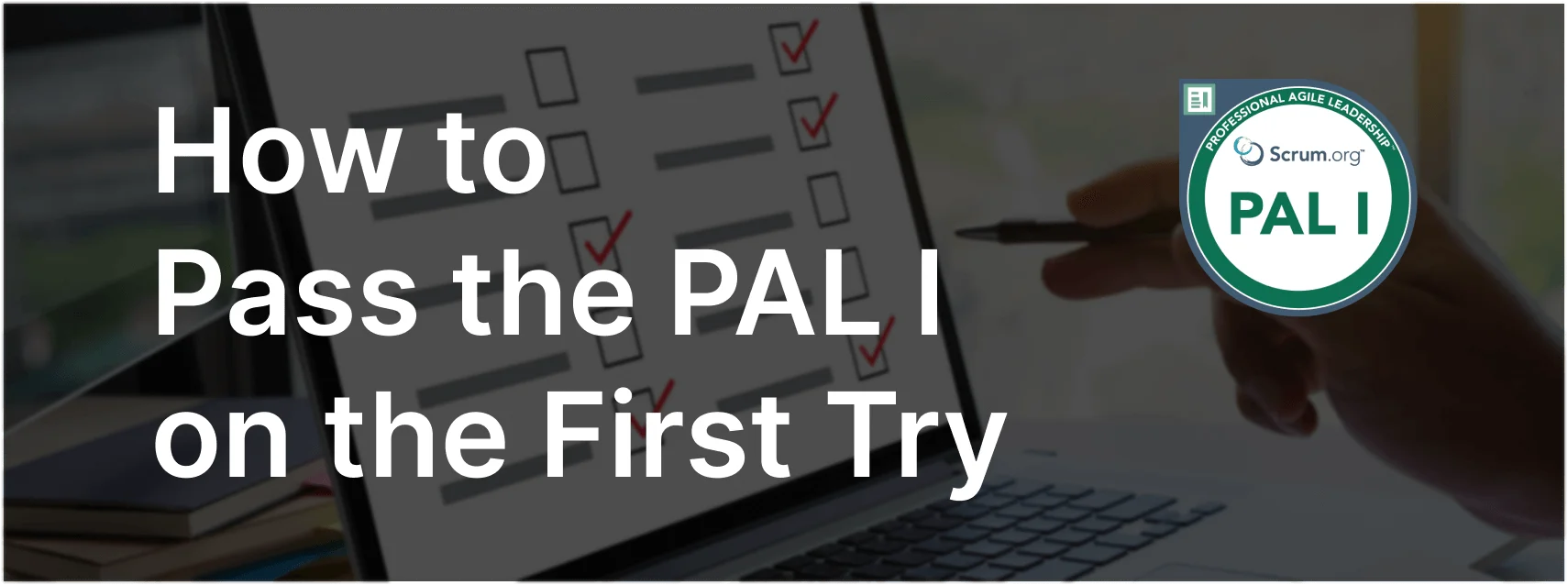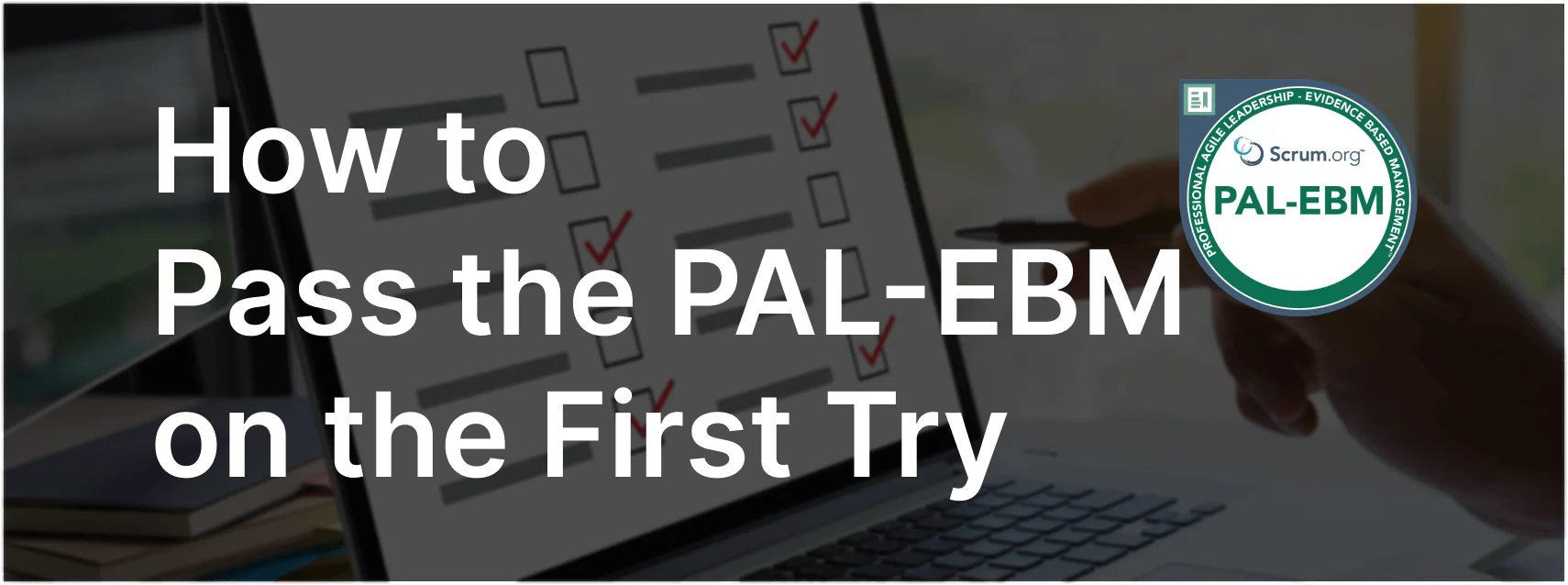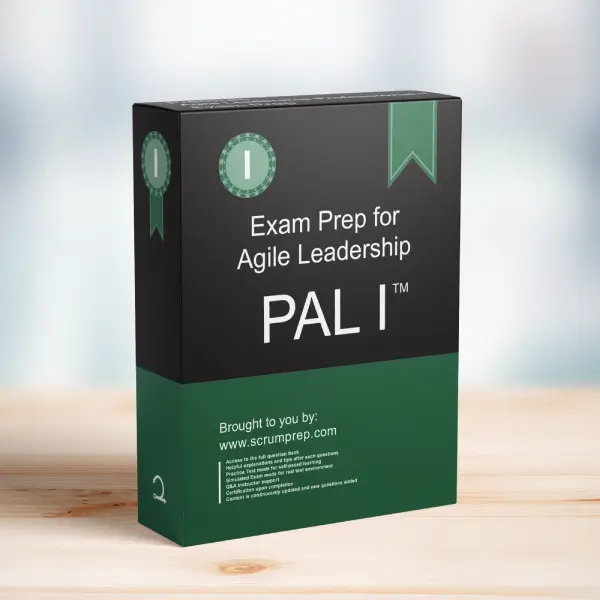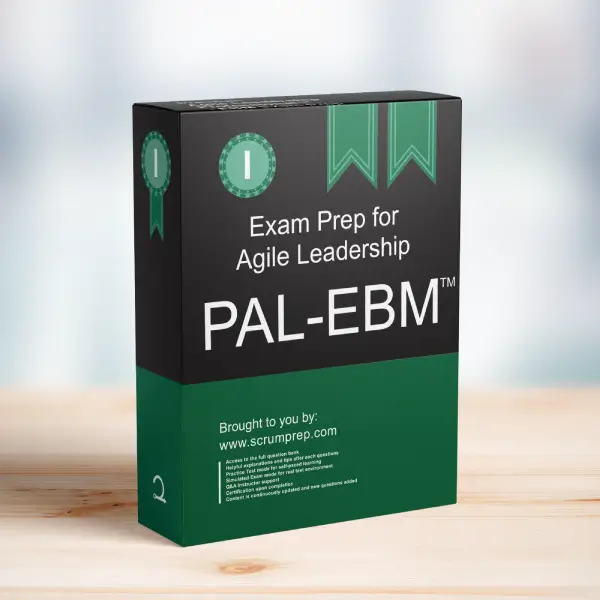Understanding Requirements in an Empirical Approach
In Agile and empirical approaches, requirements play a crucial role in driving product development. This article explores the nature of requirements and their validation in the context of an empirical approach.
Exam Question
In the context of an empirical approach, a requirement:
(choose the best answer)
A. Is a hypothesis about how a product or service can improve the value experienced by customers or users.
B. Needs to be validated with stakeholders who will determine whether it is implemented correctly.
C. Is a description of the behavior that the product or service needs to deliver in order to be successful.
D. All of the above.
Correct Answer
A. Is a hypothesis about how a product or service can improve the value experienced by customers or users.
Explanation
Correct Answer
A. Is a hypothesis about how a product or service can improve the value experienced by customers or users:
In an empirical approach, requirements are treated as hypotheses that need to be tested and validated. This perspective allows teams to focus on delivering value and adapting based on feedback and data. By treating requirements as hypotheses, teams can iteratively test and validate their assumptions, ensuring that they are building products and services that truly meet customer needs.
Why the Other Options Are Less Accurate
B. Needs to be validated with stakeholders who will determine whether it is implemented correctly:
While stakeholder validation is important, it is not the sole purpose of a requirement in an empirical approach. The primary focus is on testing and validating the hypothesis to ensure it delivers value to the customer or user.
C. Is a description of the behavior that the product or service needs to deliver in order to be successful:
Describing the behavior is part of defining a requirement, but in an empirical approach, it goes beyond just a description. It involves testing and validating whether that behavior actually delivers the intended value.
D. All of the above:
This option is not correct because the best description of a requirement in the context of an empirical approach is as a hypothesis to be tested, rather than just a behavior description or stakeholder validation.
Benefits of Treating Requirements as Hypotheses
- Adaptability: Allows teams to adapt based on feedback and data, ensuring that they are meeting actual customer needs.
- Value Focus: Ensures that the primary goal is to deliver value to the customer, rather than just implementing features.
- Continuous Improvement: Promotes a culture of continuous testing, learning, and improvement.
EBM Framework Insights
Current Value (CV): By validating hypotheses, teams can ensure that they are maximizing the current value delivered to customers.
Unrealized Value (UV): Identifying and testing new hypotheses can help uncover and capture unrealized value.
Ability to Innovate (A2I): Treating requirements as hypotheses fosters a culture of innovation and continuous improvement.
Time to Market (T2M): Quickly testing and validating hypotheses can reduce the time to market for valuable features and improvements.
Relevance to the PAL-EBM Exam
Understanding how to approach requirements as hypotheses is crucial for the PAL-EBM exam. This knowledge demonstrates the ability to apply empirical principles and the EBM framework to drive continuous improvement and deliver value.
Key Takeaways
- In an empirical approach, requirements are treated as hypotheses to be tested and validated.
- This approach ensures adaptability, value focus, and continuous improvement.
- Testing and validating hypotheses helps maximize current value, uncover unrealized value, foster innovation, and reduce time to market.
Conclusion
In the context of an empirical approach, treating requirements as hypotheses about how a product or service can improve the value experienced by customers or users is the most effective strategy. This method ensures that teams focus on delivering real value and continuously improving their products. For more information on preparing for the PAL-EBM exam, visit our Professional Agile Leadership PAL-EBM™ Exam Prep.





